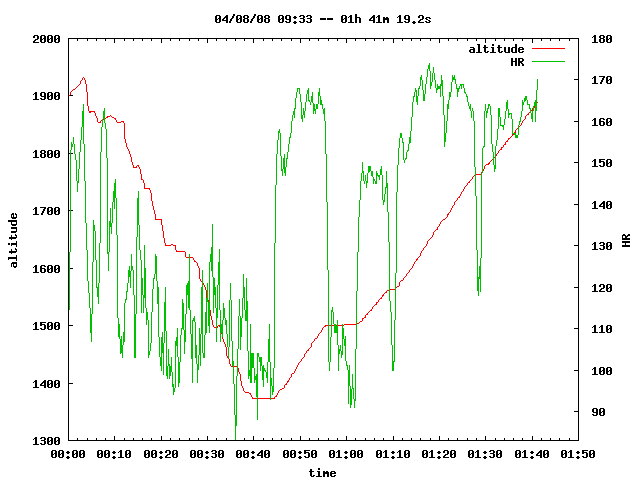I tried terminator (thanks go to Nicolas Valcarcel for asking me to sponsor a Debian upload, thus forcing me to try it, and Asheesh Laroia for doing a lightning talk at debconf about it), but I’m not convinced.
– More keybindings are clearly missing. You can only switch terminals using Previous/Next keybindings.
– More features would be great, like the ability to switch the position of two terminals (so you could reorganize them).
– It has some small usability problems, like the fact that the config is text-based, not using gconf, that it’s not possible to change the config without restarting it, that the title bar doesn’t display anything useful most of the time, since it prefixes the current terminal’s title with “Terminator: “, etc.
So, is there any other tiling terminals manager I should try, before filing tons of feature requests on terminator? My other requirement is that it mustn’t reinvent the wheel, but use the gnome-terminal widget.
Thank you.
